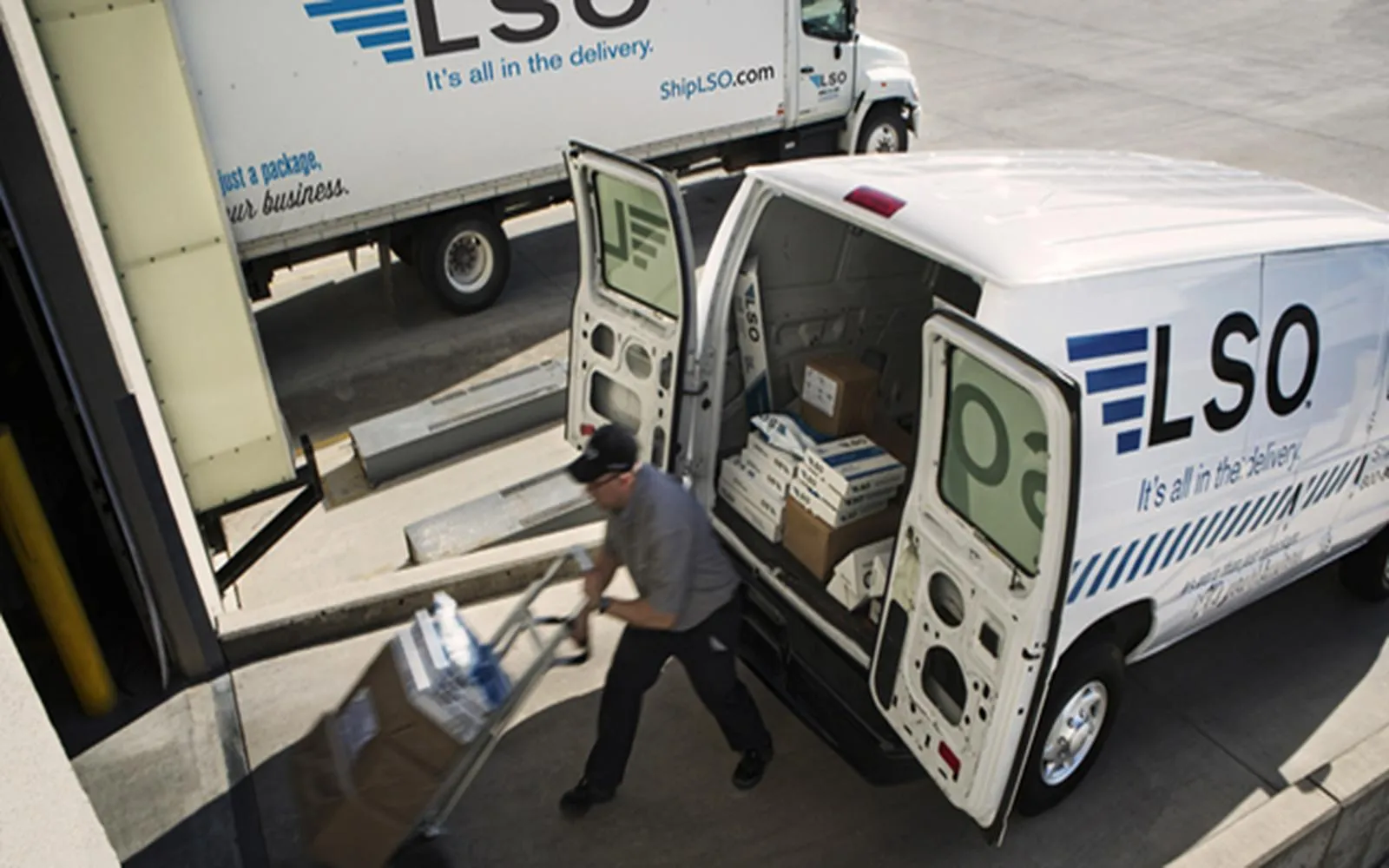Revolutionizing Space Logistics: The Future of Commercial Resupply Services
As space exploration continues to advance at a rapid pace, the importance of efficient logistics and resupply services has never been more critical. The commercialization of space has opened new opportunities for private companies to provide innovative solutions for transporting goods, equipment, and even humans to and from orbit. This article delves into the future of commercial resupply services and how they are revolutionizing space logistics.
The Rise of Commercial Space Logistics
In recent years, the landscape of space logistics has shifted dramatically. Historically dominated by government agencies like NASA and Roscosmos, the sector is now witnessing a surge in participation from private companies. Firms such as SpaceX, Northrop Grumman, and Blue Origin are leading the charge, offering cost-effective and reliable transportation solutions for cargo and crew missions. The advent of reusable rocket technology has significantly reduced the cost of launching payloads into space, making it economically viable for businesses to engage in space logistics.
Key Innovations in Space Resupply
The future of commercial resupply services hinges on several key innovations. Firstly, reusable launch vehicles have transformed the economics of space travel. SpaceX's Falcon 9 and Falcon Heavy rockets have demonstrated the feasibility of reusing first-stage boosters, drastically lowering the cost per launch. This advancement not only reduces expenses but also increases the frequency of launches, allowing for more consistent resupply missions to the International Space Station (ISS) and future lunar or Martian missions.
Another critical innovation is autonomous spacecraft technology. The development of autonomous cargo ships, such as SpaceX's Dragon and Northrop Grumman's Cygnus, enables automated docking and unloading procedures. This technology minimizes human intervention, streamlining logistics and enhancing safety. The ability to send autonomous missions reduces the need for constant human presence in space, making it easier to manage resupply operations.
Emerging Business Models
As commercial resupply services evolve, new business models are emerging. One such model is the concept of "space trucking," where companies specialize in transporting goods to various destinations in space, much like a trucking company on Earth. This model allows for flexibility in cargo types, catering to scientific research, satellite deployment, and even space tourism. By creating a marketplace for space logistics, these companies can offer tailored solutions that meet the diverse needs of their clients.
Additionally, partnerships between private companies and government agencies are becoming more common. NASA's Commercial Crew Program, for example, has enabled private companies to develop their crewed spacecraft, fostering collaboration that benefits both parties. This public-private partnership model not only accelerates technological advancements but also creates a sustainable ecosystem for space logistics.
The Role of Artificial Intelligence and Data Analytics
Artificial intelligence (AI) and data analytics are also set to play a crucial role in the future of space logistics. By leveraging AI, companies can optimize flight paths, predict maintenance needs, and enhance supply chain management. Advanced algorithms can analyze vast amounts of data to identify patterns and improve decision-making processes, leading to more efficient operations.
Moreover, predictive analytics can help companies manage inventory more effectively, ensuring that the right supplies are available at the right time. This capability is particularly important for long-duration missions, such as those planned for Mars exploration, where resupply options will be limited. By utilizing AI and data analytics, space logistics providers can create a more resilient and responsive supply chain.
The Challenges Ahead
Despite the promising advancements in commercial resupply services, several challenges remain. Regulatory hurdles and international space treaties pose significant obstacles to the growth of the space logistics industry. As more companies enter the market, there will be a need for standardized regulations to ensure safety and sustainability in space operations.
Space debris is another pressing issue that must be addressed. As the number of satellites and cargo missions increases, so does the risk of collisions and debris accumulation in low Earth orbit. Developing effective debris mitigation strategies will be critical for the long-term viability of space logistics and the safety of space travel.
The Future of Space Logistics: A Collaborative Effort
Looking ahead, the future of commercial resupply services in space will likely be a collaborative effort between private companies, government agencies, and international organizations. By working together, stakeholders can address challenges, share knowledge, and drive innovation in space logistics. The establishment of a robust and efficient logistics network will be essential for supporting future missions to the Moon, Mars, and beyond.
In conclusion, as we stand on the brink of a new era in space exploration, the revolution in space logistics is set to redefine how we approach resupply services. With advancements in technology, emerging business models, and a commitment to collaboration, the future of commercial resupply services promises to enhance our capabilities in exploring the cosmos. As these developments unfold, the possibilities for humanity's presence in space are boundless.
Explore

Commercial Solar Repair Services: Keeping Your Business Powered

Bathroom Remodeling Services Near Me: Transform Your Space with Expert Renovation

Affordable Logistics and Delivery Services: Navigating 2025's Evolving Market Trends

Transform Your Supply Chains with the Best Logistics Services

Trends Shaping the Future of Commercial Property Appraisals

Affordable Home Renovation Services in 2025: Transform Your Space Without Breaking the Bank

Top-Rated Landscaping Services of 2025: Transform Your Outdoor Space with Expert Care

Affordable Home Exterior Painting Services in 2025: Transform Your Space Without Breaking the Bank
